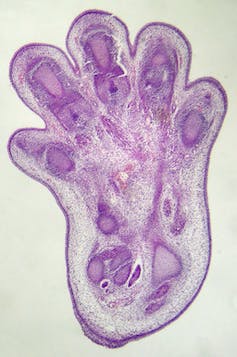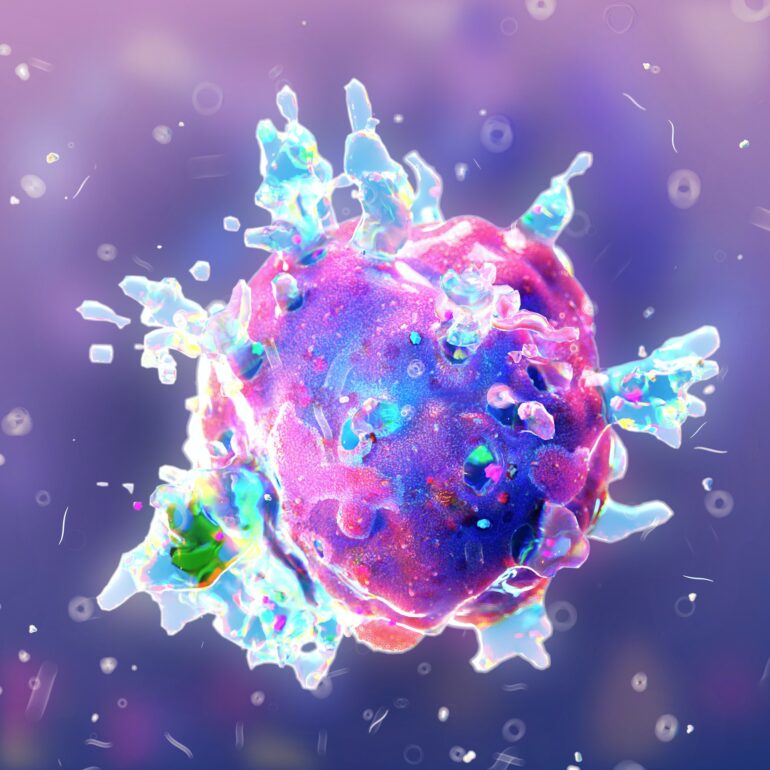Living cells work better than dying cells, right? However, this is not always the case: your cells often sacrifice themselves to keep you healthy. The unsung hero of life is death.
While death may seem passive, an unfortunate ending that just “happens,” the death of your cells is often extremely purposeful and strategic. The intricate details of how and why cells die can have significant effects on your overall health.
There are over 10 different ways cells can “decide” to die, each serving a particular purpose for the organism. My own research explores how immune cells switch between different types of programmed death in scenarios like cancer or injury.
Programmed cell death can be broadly divided into two types that are crucial to health: silent and inflammatory.
Quietly exiting: silent cell death
Cells can often become damaged because of age, stress or injury, and these abnormal cells can make you sick. Your body runs a tight ship, and when cells step out of line, they must be quietly eliminated before they overgrow into tumors or cause unnecessary inflammation where your immune system is activated and causes fever, swelling, redness and pain.
Your body swaps out cells every day to ensure that your tissues are made up of healthy, functioning ones. The parts of your body that are more likely to see damage, like your skin and gut, turn over cells weekly, while other cell types can take months to years to recycle. Regardless of the timeline, the death of old and damaged cells and their replacement with new cells is a normal and important bodily process.
Silent cell death, or apoptosis, is described as silent because these cells die without causing an inflammatory reaction. Apoptosis is an active process involving many proteins and switches within the cell. It’s designed to strategically eliminate cells without alarming the rest of the body.
Sometimes cells can detect that their own functions are failing and turn on executioner proteins that chop up their own DNA, and they quietly die by apoptosis. Alternatively, healthy cells can order overactive or damaged neighbor cells to activate their executioner proteins.
Apoptosis is important to maintaining a healthy body. In fact, you can thank apoptosis for your fingers and toes. Fetuses initially have webbed fingers until the cells that form the tissue between them undergo apoptosis and die off.

The toes of this embryonic mouse foot are forming through apoptosis.
Michal Maňas/Wikimedia Commons, CC BY-SA
Without apoptosis, cells can grow out of control. A well-studied example of this is cancer. Cancer cells are abnormally good at growing and dividing, and those that can resist apoptosis form very aggressive tumors. Understanding how apoptosis works and why cancer cells can disrupt it can potentially improve cancer treatments.
Other conditions can benefit from apoptosis research as well. Your body makes a lot of immune cells…



